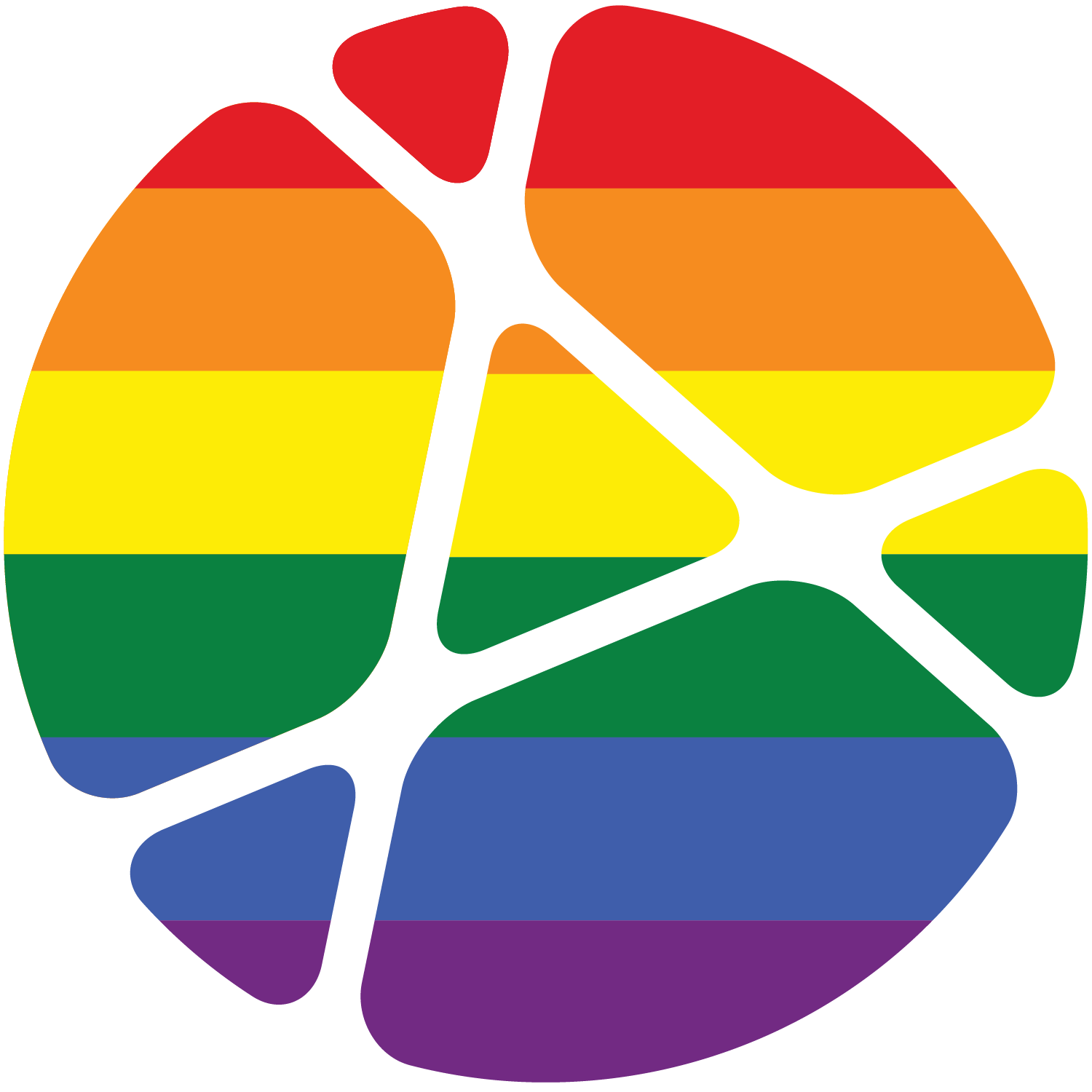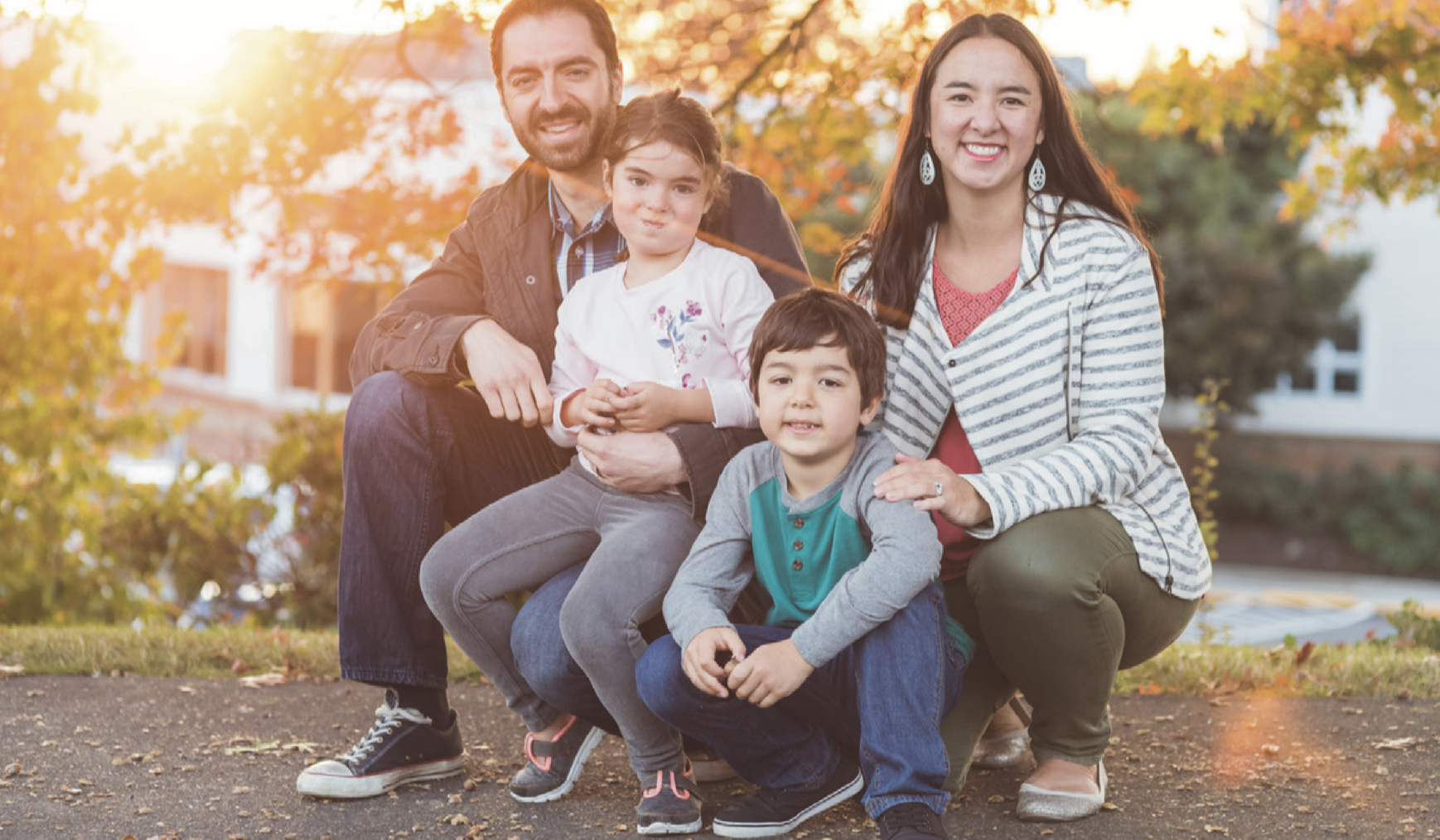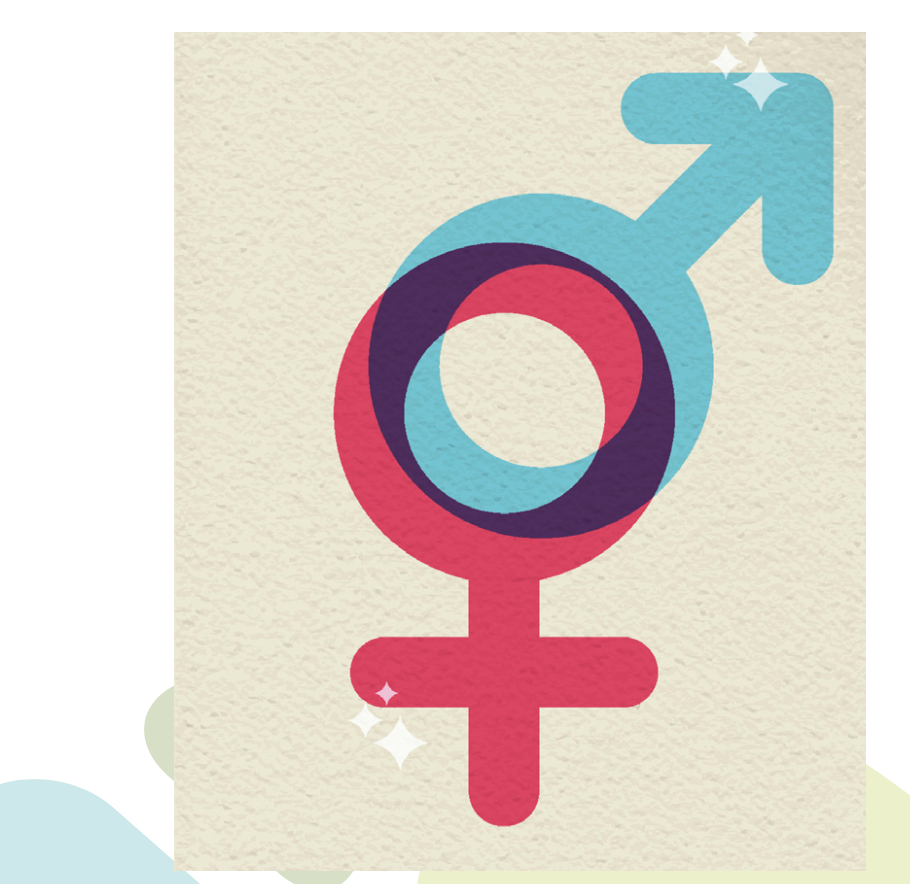Statement on Ohio House Bill 616

Statement on Ohio House Bill 616
For over 170 years, Beech Acres Parenting Center has been supporting parents.
Statement on Ohio House Bill 616
Beech Acres Parenting Center is opposed to Ohio House Bill 616 and any similar legislation in the United States that is not based in scientific understanding of child development.
Beech Acres supports creating psychologically safe school environments where children can be their authentic selves. We know that this improves their development and creates a welcoming, inclusive culture for all students. This is especially important for those in minority and marginalized groups who are at higher risk for attempting and dying by suicide.
What is House Bill 616?
HB 616 seeks to prohibit “promotion and teaching of divisive or inherently racist concepts in public schools” by drawing inspiration from and combining content of Ohio HB 327 and Florida HB 1557. Specifically targeted in the bill are topics of sexual orientation and gender identity and “divisive or inherently racist concepts.” This language is problematic in that there are no clearly defined parameters for these concepts.
These restrictions are not grounded in science as understood by childhood development experts. The best way to begin to break down stereotypes is to have frequent discussions as early as developmentally appropriate.
What is Developmentally Appropriate?
Accepted scientific consensus concerning what is developmentally appropriate for children is at odds philosophically with HB 616. By 6 months of age, infants can categorize others by race and by age 3 they are able to categorize their own gender. Racial bias can be developed between ages 3 and 5. By age 7, 73% of transgender women and 78% of transgender men experienced gender dysphoria. And age 10 is the average age of “first sexual attraction” for both heterosexuals and members of the LGBTQ+ community. Further, racism has been linked to negatively affecting both physical health and persistent mental health problems in children, teens, and adolescents.
What Can Parents Do?
Beech Acres Parenting Center is a safe space where all families are welcome and supported. If your family values include teaching your children about the different experiences other kids & families may be experiencing here are some ideas you can try.
- Start by discovering and establishing exactly what your family’s values are. These may include acceptance and inclusion.
- Uncover your family’s unique strengths and begin developing those. Your family’s strengths many include love of learning, curiosity, and hope.
- Address your own implicit bias first and brush up on your understanding of LGBTQ terminology. This should be done introspectively and individually. Remember your kids are quick to notice your “tells”.
- Have open, frequent, and honest discussions about social learning. Science shows that your children may notice differences at a very young age, be prepared to talk with them. By not paying attention to what young children notice about these differences, we can unintentionally add to the biases and ideas that kids get from society. Instead of being quiet, invite your kids to ask questions or talk about the different cultures, races, genders, and ethnicities they see in the world.
- Our differences are really only skin deep. Talk about melanin, keep it simple and basic – people look different and that’s OK. Children as young as 3 recognize all the different hues in a family.
- Intentionally vary what media you consume with a focus on incorporating and including diverse media and voices. Explain why it is important for minority populations to see themselves in books, movies, tv, advertising, and social media.
- Read books together that present diversity in family make-up, race, and differently-abled persons. It is natural to ask “do you have questions?”, but they’ll likely say no. Instead, try saying “tell me what you’re worried about” or “tell me what you’re wondering about” to spark conversations.
If your children represent groups included in the bill, we have several resources available on our website to help guide you in having these important conversations on race, gender and sexuality.
If your child hears about the bill and wants to discuss it, start by being honest and empathetic with them about the bill. Read the bill itself and explain it in an age-appropriate manner. This can be an at-home civics lesson about how a bill becomes law. Ask open-ended questions to explore what your child may have heard in the classroom and community.
Talk to your children about fairness and justice. Ask these reflective questions suitable for all families and actively listen to their answers:
- Should everyone be allowed to talk about their own families and their own lives?
- Should teachers be able to attend training that inform them about different cultures and different backgrounds that they might find themselves teaching?
- What might the classroom be like if those things were/weren’t allowed?
Don’t avoid these conversations with your children just because they are uncomfortable. Have the confidence to have these important age-appropriate conversations. And keep talking to them about these issues. Recognizing and celebrating diverse cultures and recognizing that injustice and inequalities exist is the same conversation.
Finally, discuss how your family can be open, inclusive, and kind to everyone they encounter. Advocate for your child, their friends, and your community. Increasing acceptance and reducing bias creates a positive, welcoming environment for everyone.
Go Further With These Relevant Blog Posts
Transgender, Non-Binary, and Gender Fluid Fast Facts for Parents
Additional Books, Media, and Other Resources:
The World Needs More Purple People
LGBTQ crisis hotlines
- TrevorLifeline. 1-866-488-7386. Crisis intervention and suicide prevention phone services are available 24/7/365.




